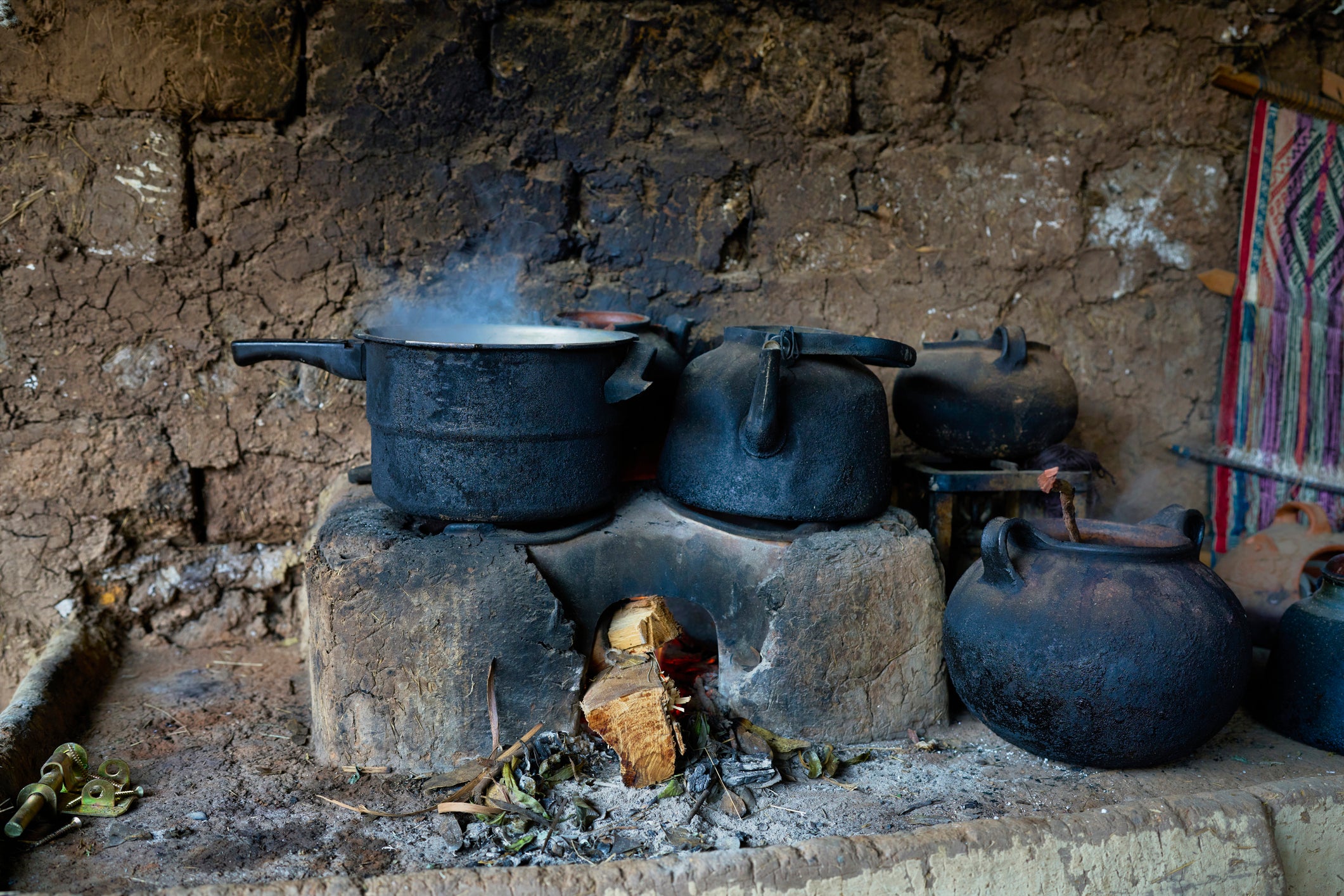Cannibal who killed and ate his own mother has death sentence stayed by top court
India’s top court puts temporary stay on execution until case can be reviewed

Your support helps us to tell the story
From reproductive rights to climate change to Big Tech, The Independent is on the ground when the story is developing. Whether it's investigating the financials of Elon Musk's pro-Trump PAC or producing our latest documentary, 'The A Word', which shines a light on the American women fighting for reproductive rights, we know how important it is to parse out the facts from the messaging.
At such a critical moment in US history, we need reporters on the ground. Your donation allows us to keep sending journalists to speak to both sides of the story.
The Independent is trusted by Americans across the entire political spectrum. And unlike many other quality news outlets, we choose not to lock Americans out of our reporting and analysis with paywalls. We believe quality journalism should be available to everyone, paid for by those who can afford it.
Your support makes all the difference.India’s top court put a temporary stay on the execution of a man convicted of killing his mother and eating her remains in what is being deemed as the “rarest of rare” cases of cannibalism.
Sunil Rama Kuchkoravi of western Maharashtra state’s Kolhapur district was handed a death penalty by a lower court in 2021 for killing his 63-year-old mother in 2017.
The High Court in October this year upheld the death sentence against Kuchkoravi, stating that the convict possibly has a “syndrome of pathological cannibalism”.
The court was told that Kuchkoravi murdered his mother Yallava Kuchkoravi on 28 August 2017 at their home and cooked her organs. The convict used to regularly pick quarrels with his mother, demanding money for buying alcohol.
In an 11 December hearing, the Supreme Court temporarily stayed the High Court and trial court sentences of the death penalty after it was challenged by the convict. Courts set the “rarest of the rare” standard to justify capital punishment in India.
The panel of three Supreme Court judges, justices Surya Kant, Pankaj Mithal, and Ujjal Bhuyan, issued notice to the parties in the case to submit all the relevant documents and records for the review of the case.
“The records of the trial court as well as the High Court along with translated version and soft copies of the same be requisitioned,” the order said.
The case will be heard next on 14 April 2025.
Upholding the verdict in October, the High Court said: "The case falls under the rarest of rare category. The convict not only murdered his mother but he also removed her body parts – brain, heart, liver, kidney, intestine and was cooking them on a pan.”
There is no chance of reformation of the convict as he has tendencies of cannibalism, the High Court added.
The incident came to light when an eight-year-old girl from the neighbourhood came into the house and found the body of the woman lying in a pool of blood. The son was also spotted with his hands and clothes soaked in blood.
After the news spread in the village, a mob of outraged people thrashed him before a police officer arrived on the scene and rescued Kuchkoravi from being lynched.
The officer Sanjay More, who rescued Kuchkoravi, told Times of India in an interview in October that he begged for his life with the promise of getting the capital punishment for him.
“I still shudder to recall the brutal murder,” he said.
In July last year, police in the eastern Odisha state arrested two men who were allegedly found eating the half-burnt remains of a human body in an inebriated condition. The men were related to the woman who was being cremated, according to a report.
One of the most disturbing cases that involved cannibalism in the country, dubbed the “Nithari killings”, happened in 2006. At least 19 young women and children had been killed and dismembered inside a house, known as the “house of horrors”, in Noida city’s Nithari area.
The accused, businessman Moninder Singh Pandher and his domestic help Surinder Kholi, were subsequently sentenced to death for the crimes. Koli had admitted to eating some of the body parts.
Join our commenting forum
Join thought-provoking conversations, follow other Independent readers and see their replies
Comments